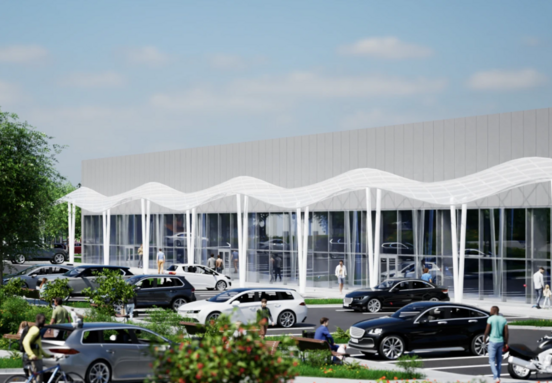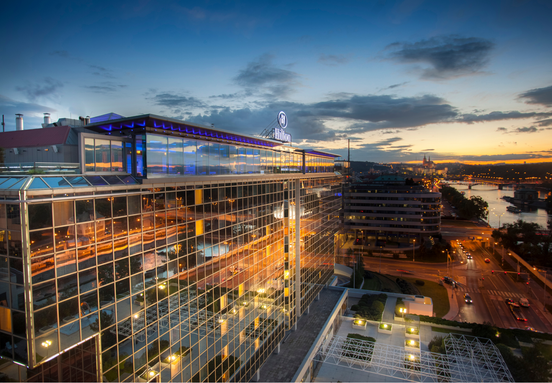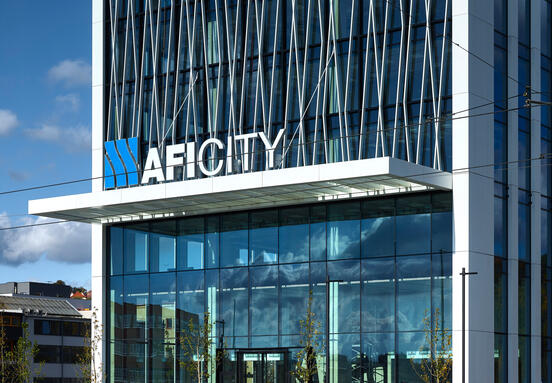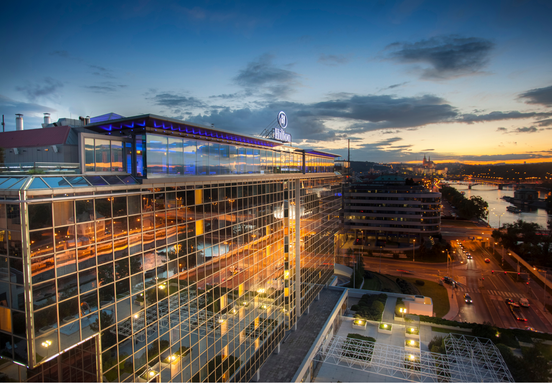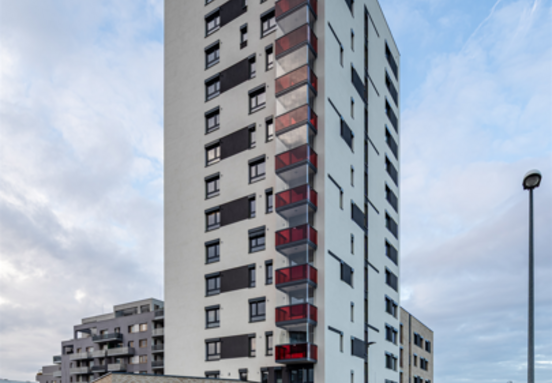Gen Z: A Driving Force in Office Trends
Recent research highlights a growing expectation for increased office attendance this year, with Generation Z identified as a key driver of this shift. Interestingly, this generation already spends more time working from the office compared to older cohorts. This trend is closely tied to their strong focus on personal wellbeing, a priority they expect their workplace to actively support.
The demographic landscape of the workforce is rapidly changing. By 2034, Millennials, Gen Z, and Gen Alpha are projected to form the vast majority of the workforce in advanced economies. As these younger generations step into prominent roles, their values, particularly concerning health and mental wellbeing, are reshaping workplace norms and expectations for office environments.
Evolving Office Occupancy and Hybrid Models
This shift is already visible in markets like Prague, where average physical office occupancy is rising and has exceeded 60%. While hybrid work models continue to evolve, the office's role as a vital hub for collaboration, fostering company culture, and facilitating connection remains critical, especially for younger employees who value in-person interaction.
The Rise of Wellbeing-Focused Offices
The emphasis on wellbeing is significantly impacting office building standards. There has been a dramatic increase in the number of properties seeking WELL Building Standards accreditation. While currently more common in top-tier buildings, WELL certification is becoming a standard expectation in new and planned developments. For businesses, this means that quality office space increasingly includes features that support health and wellbeing, although these higher standards are also reflected in rental costs.
Defining the Modern 'Prime' Office
The definition of a 'prime' office is rapidly changing. It's no longer just about location or physical space. Today's most desirable offices function as dynamic hubs designed to facilitate collaboration and connection among diverse teams. Success hinges on providing high-quality amenities, both within the building itself and in the immediate surrounding area, enhancing the overall employee experience.
Adapting to the Future of Work
While hybrid working policies vary depending on local market dynamics, infrastructure, and housing affordability, the core message is clear: the office remains essential, but its purpose is evolving. Businesses seeking office space need to consider how the environment supports employee wellbeing, facilitates collaboration, and provides the amenities that resonate with the expectations of the modern, increasingly younger, workforce. Understanding and responding to what Gen Z expects from their office environment is key to creating a workplace that attracts talent and drives success in the coming years.
Source: property-forum.eu

